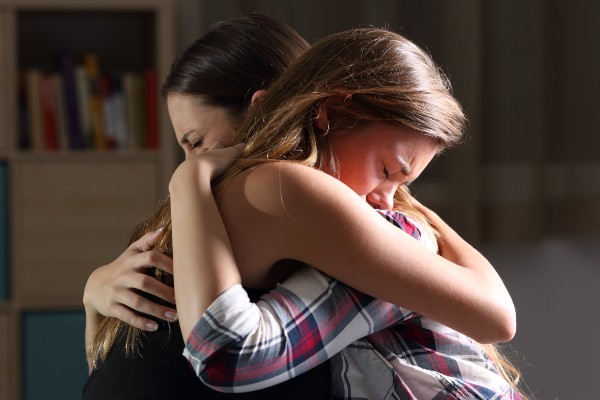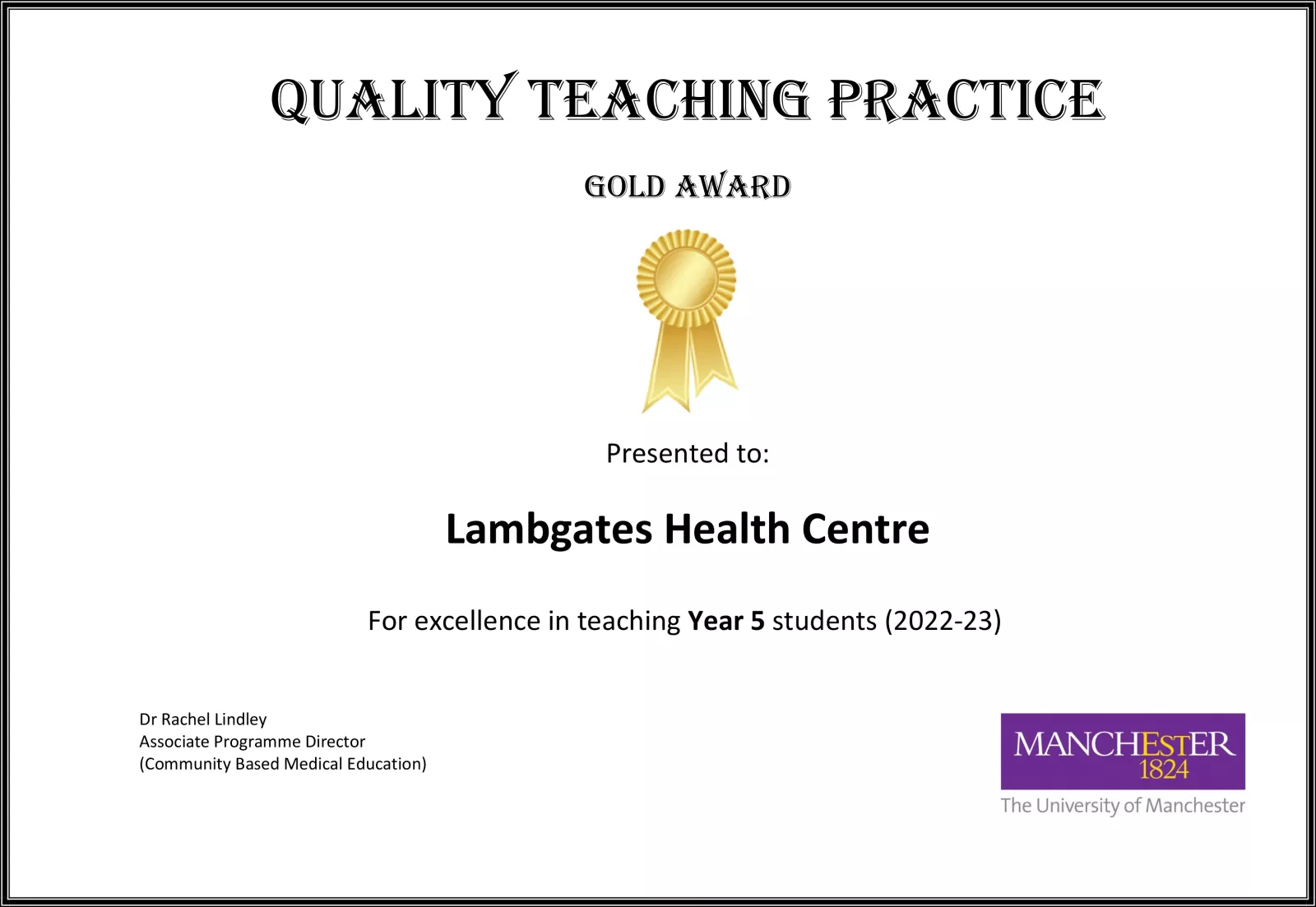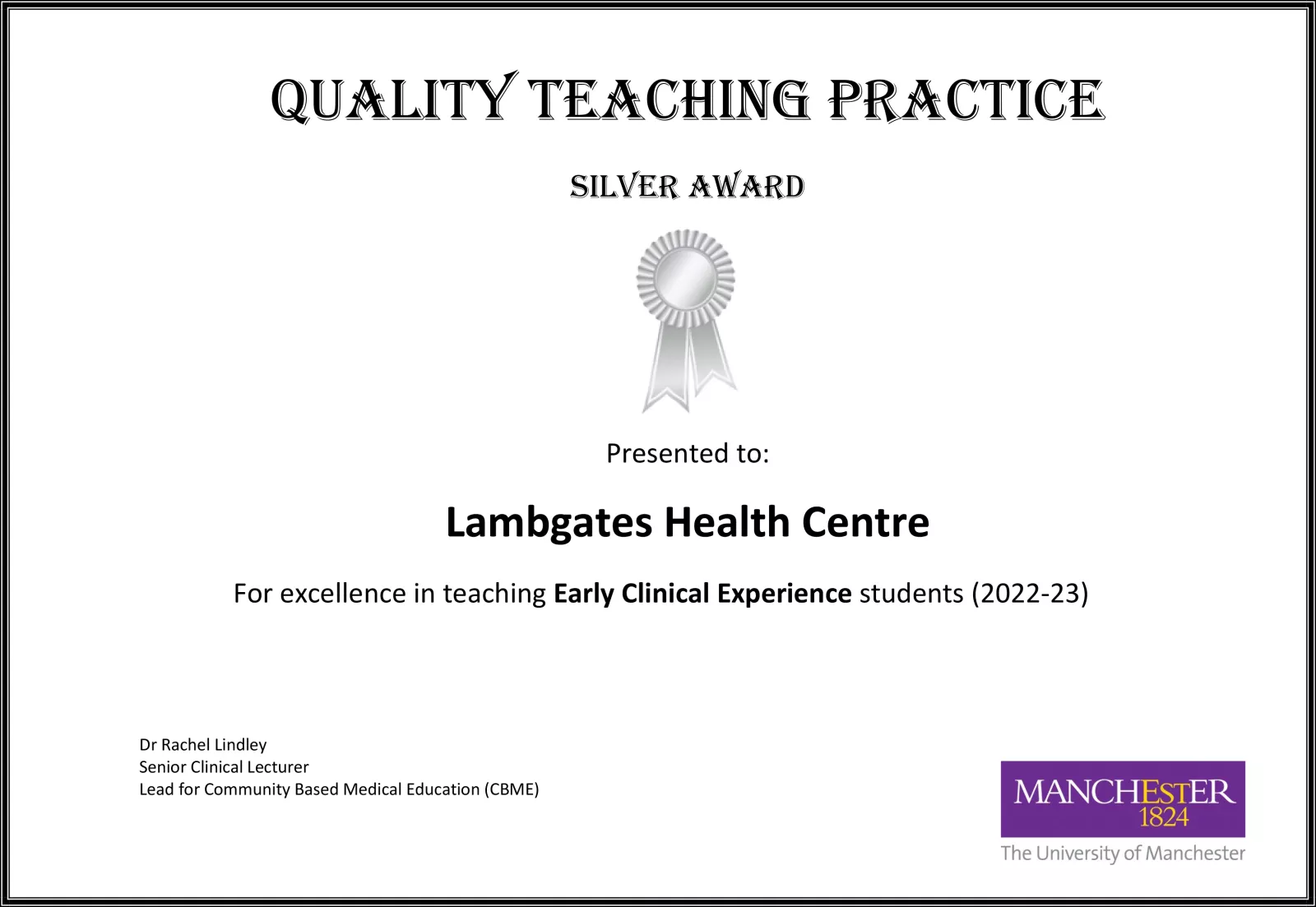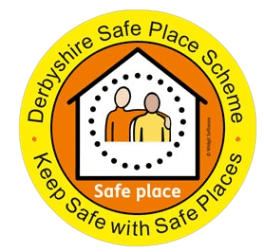We use cookies to help provide you with the best possible online experience.
By using this site, you agree that we may store and access cookies on your device. Cookie policy.
Cookie settings.
Functional Cookies
Functional Cookies are enabled by default at all times so that we can save your preferences for cookie settings and ensure site works and delivers best experience.
3rd Party Cookies
This website uses Google Analytics to collect anonymous information such as the number of visitors to the site, and the most popular pages.
Keeping this cookie enabled helps us to improve our website.
In Times of Bereavement
When you lose someone, there are a mix of emotions but also responsibilities. Fortunately it is not something we have to deal with on a regular basis, and we can be confused on what we need to do on behalf of the deceased, and where we can get support.
When somebody dies, there are a few steps that those close to the deceased need to follow:
– If it happens at home and the death was expected, please telephone the practice or the out-of-hours services. If the event is not expected, the police needs also to be informed
– Get a medical certificate from your GP or hospital doctor (this is necessary to register the death)
– Register the death within 5 days. You will then receive the necessary documents for the funeral
– Make the necessary funeral arrangements

What happens when someone dies
When a person dies, one of the first steps for their representative or relative is to obtain a death certificate. Depending on the cause of death, there will either be an investigation by a coroner, or medical certification by a medical practitioner.
This is usually either the GP, or the Hospital Doctor, or Hospice Doctor, who had been taking care of the patient in their last days of life. All deaths in England and Wales, without exception, now require an independent review (by either a Coroner or Medical Examiner). This change was introduced in 2024, after a new law.
Medical examiners are senior NHS doctors, from either a hospital or general practitioner setting, who, after completing specialist training, work part time in this role. Their job is to give an independent view on causes of death and the care provided (except for deaths which have to be investigated by a coroner). Medical Examiners review the patient care records as well as the cause of death proposed by the attending practitioner (GP, Hospital Doctor, etc), who had knowledge of, or involvement in, the care of the deceased.
Your conversation with the medical examiner
As a relative or representative of someone who has died you will be asked if you would like to have a conversation with the Medical Examiner, or their officer, about anything that may be worrying you about how the person who died was cared for. The purpose of this discussion is to increase understanding and peace of mind for families.
The Medical Examiner or Medical Examiner officer will explain what is written on the Medical Certificate of Cause of Death and why. You may simply want to better understand why the person died, including by having medical terminology explained, or you may want to raise something about the care which did not feel right or ideal. This is your opportunity to ask questions and raise concerns.
Medical Examiners and Medical Examiner Officers will discuss your feedback, questions and concerns. If they consider any issues with care need further investigation, they will refer these to someone who can do this work. As well as answering your questions, talking to a Medical Examiner helps the NHS provide better care for other patients and carers in future; for example, by identifying ways in which patient and family care could be improved.
Notification of deceased's representatvie
The deceased’s representative will not be able to register the death until the Medical Examiner has sent the MCCD to the Registrar (in some cases this may take longer than 5 days).
Register the death
If the death has been reported to the coroner (or Procurator Fiscal in Scotland) they must give permission before registering the death.
You can register the death if you are a relative, a witness to the death, a hospital administrator or the person making the arrangements with the funeral directors.
You can use the ‘Register a Death’ page on the gov.uk website that will guide you through the process. This will also explain the registration process for Scotland and Northern Ireland.
Further Informaiton
https://www.england.nhs.uk/patient-safety/patient-safety-insight/national-medical-examiner-system
Arrange the funeral
The funeral can usually only take place after the death is registered. Most people use a funeral director, though you can arrange a funeral yourself.

Funeral directors
Choose a funeral director who’s a member of one of the following:
These organisations have codes of practice - they must give you a price list when asked.
Some local councils run their own funeral services, for example for non-religious burials. The British Humanist Association can also help with non-religious funerals.
Arranging the funeral yourself
Contact the Cemeteries and Crematorium Department of your local council to arrange a funeral yourself.
Funeral costs
Funeral costs can include:
- funeral director fees
- things the funeral director pays for on your behalf (called ‘disbursements’ or ‘third-party costs’), for example, crematorium or cemetery fees, or a newspaper announcement about the death
- local authority burial or cremation fees
Funeral directors may list all these costs in their quotes. For free independent advice on bereavement issues, you can find more information at lastingpost.com.
National Bereavement Service
The National Bereavement Service offers practical and emotional support to guide you through what needs to be done. They can introduce the bereaved to trusted partner organisations in both private and charitable sectors, as well as provide information on the statutory requirements following loss, such as the registration of death and probate.
Phone: 0800 024 6121
Website: www.thenbs.org
Everyturn
Have you been feeling low, anxious, stressed, or unable to cope? Don’t struggle on alone, Insight are here to listen and to help.
Phone: 0300 555 5582
Website: www.everyturn.org
Grief Encounter
One child in every UK classroom will experience the death of someone close by the time they reach 16 years old. Grief Encounter is here to help with the confusion, fear, loneliness and pain, providing a lifeline to children and young people to cope with free, immediate, one-to-one support.
Phone: 0808 802 0111
Website: www.griefencounter.org.uk
Cruse Bereavement Care
Grief is a natural process, but it can be devastating. Cruse Bereavement Care are here to support you after the death of someone close.
Phone: 0808 808 1677
Website: www.cruse.org.uk



.jpg)
.png)
